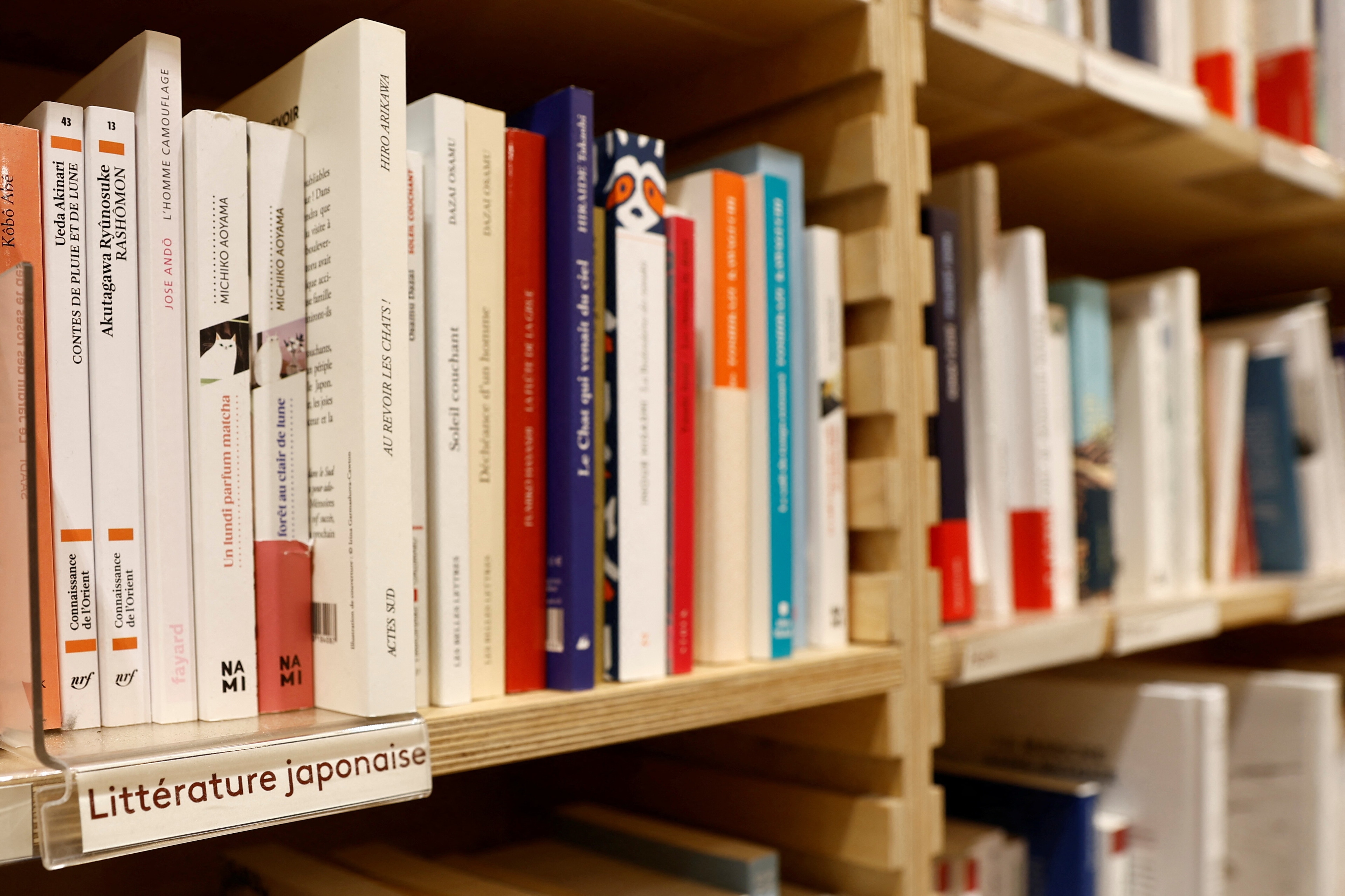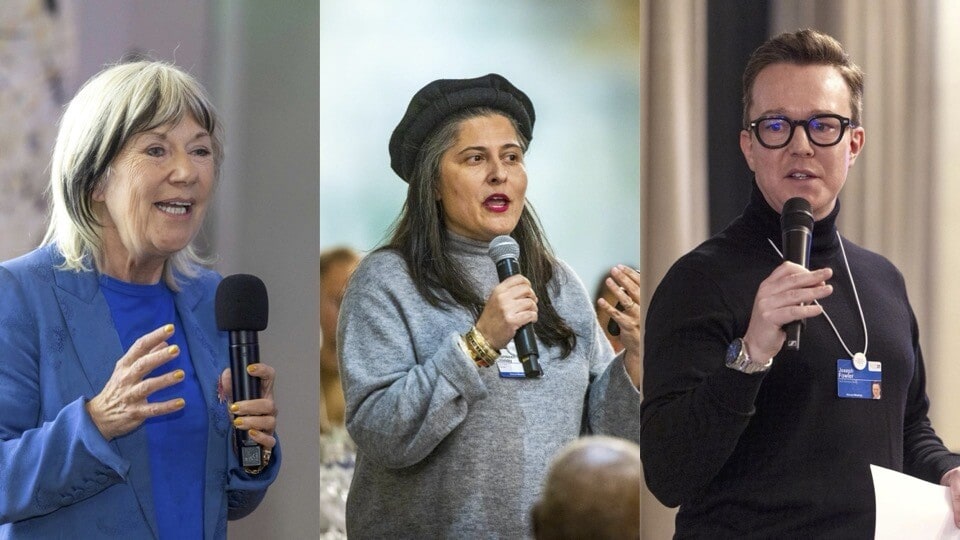Scottish 'Holocaust heroine' who saved Jewish girls lauded in book

A British Hero of the Holocaust medal which was awarded to Jane Haining posthumously in 2010 Image: Photo taken at Dunscore Parish Church in Scotland and supplied by Church of Scotland
A Scottish "Holocaust heroine" and quiet champion of educating girls helped save many Jews in Hungary before dying herself in a Nazi concentration camp, according to a book out on Wednesday.
Jane Haining, who cared for hundreds of Jewish girls at the Scottish Mission School in Budapest during World War Two, died at Auschwitz camp after the Nazis invaded Hungary in 1944.
Author Mary Miller said Haining was "an ordinary person who became extraordinary" through her love and courage.
"She was an independent woman and kept an independent spirit throughout all the awful things that were later to happen," Miller told the Thomson Reuters Foundation.
Born into a humble farming family in Dumfries in 1897, Haining studied business and became "an early career girl".
In 1932, she moved to Hungary to work as a matron at the school, which educated Christian and Jewish children together to foster mutual respect.
"They were part of that whole movement to give girls a good education," Miller said.
Pressure on the school grew rapidly as Jewish refugees poured into Budapest, fleeing persecution elsewhere in Europe.
As anti-semitism intensified, the Scottish Mission, which oversaw the school, organised courses in practical subjects to help Jews emigrate and get jobs abroad. Haining helped women secure work as domestic servants in Britain under the programme.
Following the outbreak of war in 1939, Haining refused her employers' orders to return to Britain.
"She said that if these girls needed me in good times, they need me much more in bad times," Miller said.
By then, most of the school's 400 pupils were Jewish, and many of the boarders Haining cared for were orphans.
In one letter, Haining wrote: "What a ghastly feeling it must be to know that no one wants you ... We have been enabled ... to provide an oasis in a troubled world."
She described how one Jewish mother of twins, who approached her for help, broke down in her office in desperation.
"(She) was at the stage when she was thinking of adding some poison to their food and ending it all," Haining wrote.
The school attracted attention for speaking out repeatedly against anti-semitism, according to Miller's book "Jane Haining - A Life of Love and Courage".
From 1943, Miller said the Mission helped many people, including former pupils, to escape transportation to Nazi death camps, hiding them in cellars or getting them to safe houses.
Haining was arrested by the Nazis in April 1944.
A former pupil who saw her taken away said her last words to the sobbing children were: "Don't worry, I'll be back by lunch".
She died in Auschwitz in Nazi-occupied Poland two months later, aged 47.
Haining was awarded a Hero of the Holocaust medal by the British government in 2010.
"She did not compromise, and in our own difficult times there is a challenge there for all ordinary people tempted to look away from evil and find reasons to say 'there is nothing we can do,'" Miller said. "Jane Haining reminds us that there is always something we can do."
Don't miss any update on this topic
Create a free account and access your personalized content collection with our latest publications and analyses.
License and Republishing
World Economic Forum articles may be republished in accordance with the Creative Commons Attribution-NonCommercial-NoDerivatives 4.0 International Public License, and in accordance with our Terms of Use.
The views expressed in this article are those of the author alone and not the World Economic Forum.
Stay up to date:
Book Club
Forum Stories newsletter
Bringing you weekly curated insights and analysis on the global issues that matter.
More on Arts and CultureSee all
Elena Raevskikh and Giovanna Di Mauro
October 22, 2025






